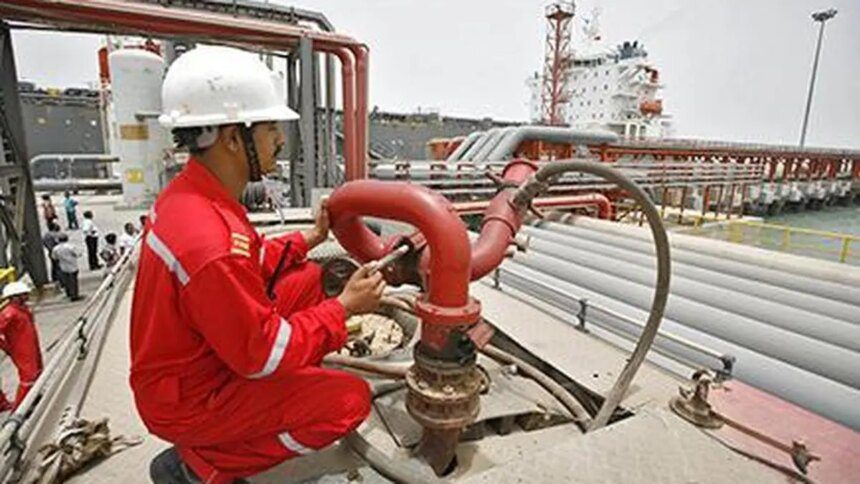The Global Trade Research Initiative (GTRI) has emphasized that India should prioritize obtaining a rollback of tariffs from the United States. In its latest report, GTRI stated that removing the oil-related duty could reduce the effective U.S. tariff burden on Indian goods from 50% to 25%. This reduction would offer significant relief to labor-intensive sectors, including textiles, leather, gems and jewelry, and pharmaceuticals.
GTRI has urged members of the Board of Trade (BoT) to prioritize two key issues in their upcoming meeting: the expedited rollout of the Export Promotion Mission (EPM) and advocating for the U.S. to eliminate the oil tariff. The BoT meeting, set to take place today, will be chaired by the Commerce and Industry Minister and aims to recommend strategies to enhance export growth.
A reduction in tariffs is deemed crucial for restoring India’s export competitiveness and ensuring that future negotiations with the U.S. occur on a level playing field. GTRI has specifically recommended that India should push for the withdrawal of the additional 25% tariff on “Russian oil” from the U.S. prior to entering any trade agreement.
President Trump has publicly noted that India has “very substantially” reduced its purchases of oil from sanctioned Russian firms, which formed the basis for the tariff imposition. With this condition met, GTRI asserts that pushing for a tariff rollback is imperative for India.
Additionally, GTRI has raised concerns regarding the timely implementation of specific schemes under the Export Promotion Mission, announced in the Union budget and approved by the Cabinet on November 12. Despite the passage of eight months in the fiscal year 2025-26, the mission still exists only as a framework without operational schemes.
Old initiatives, such as the Market Access Initiative and Interest Equalisation Scheme, have not provided financial support this year, leaving exporters without aid amid ongoing global pressures. With annual funding for the EPM capped at under ₹4,200 crore—barely sufficient to cover last year’s interest-support bill—GTRI warns that the mission will not achieve its intended goals unless the government promptly issues scheme guidelines, reinstates consistent disbursements, and clarifies eligibility and timelines for exporters.










